Capacity Building
Enrich Institute, in collaboration with its local and international partners, offers capacity building to government, NGOs, the private sector and other stakeholder to raise their awareness, increase their understanding, building the experience and provide hand-on experience so that they can meaningfully contribute to policy planning and implementation. Enrich Institute's capacity building programs include: public lectures, workshop, conference, short training courses, exchange program and expose visit.

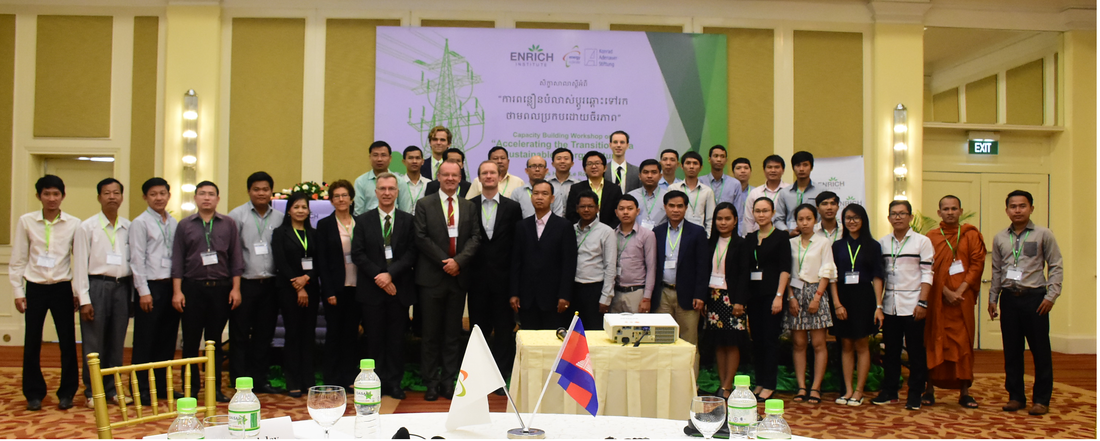
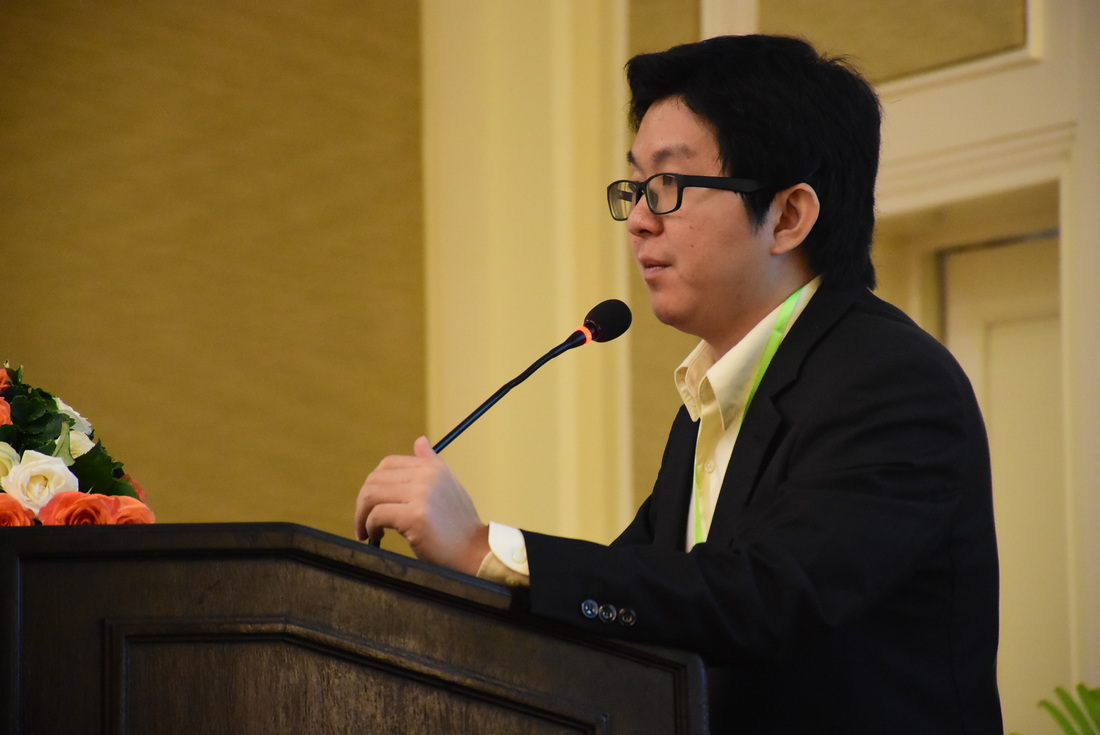
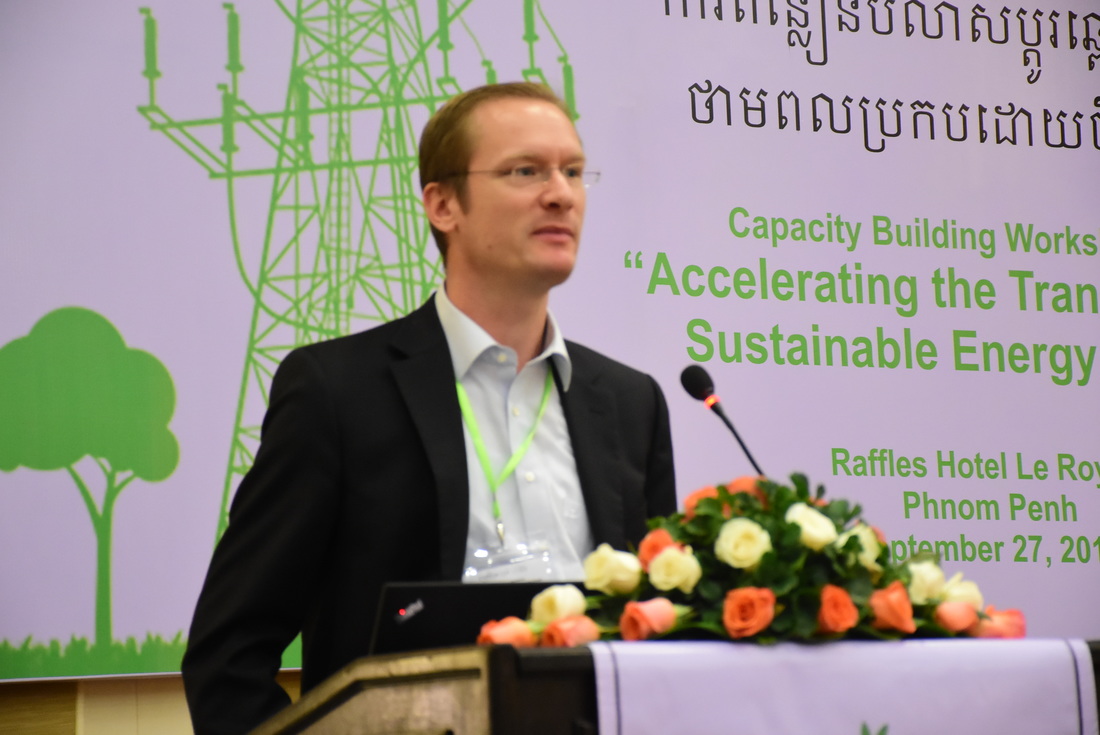
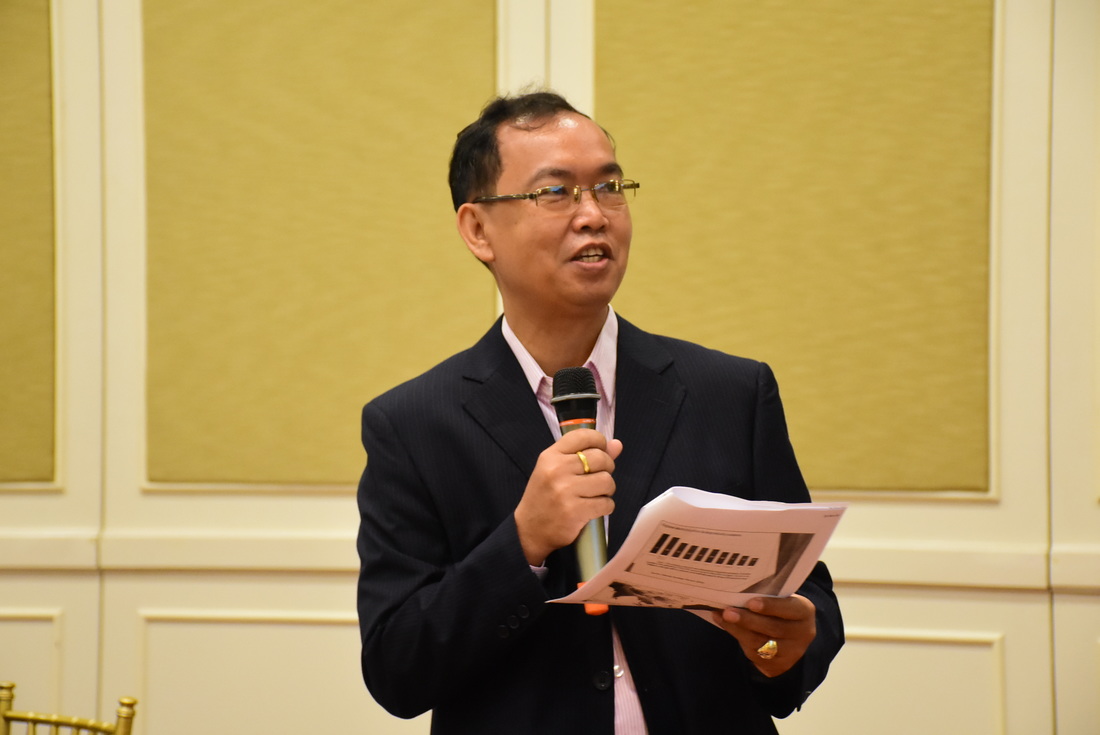
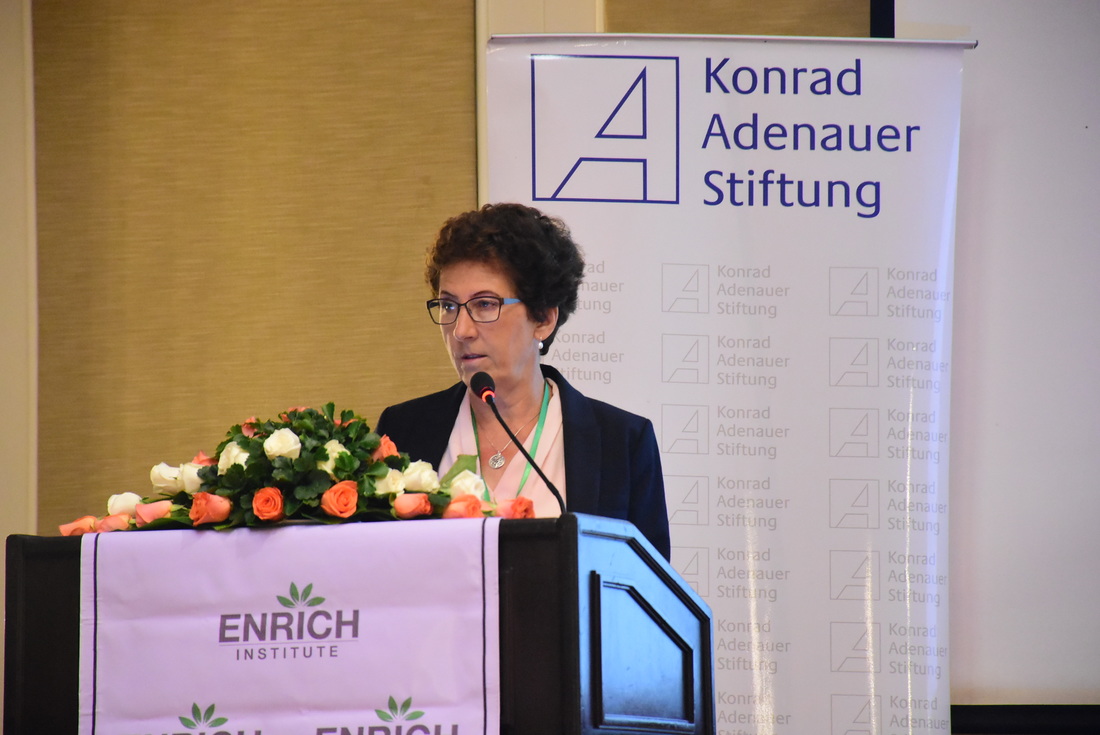
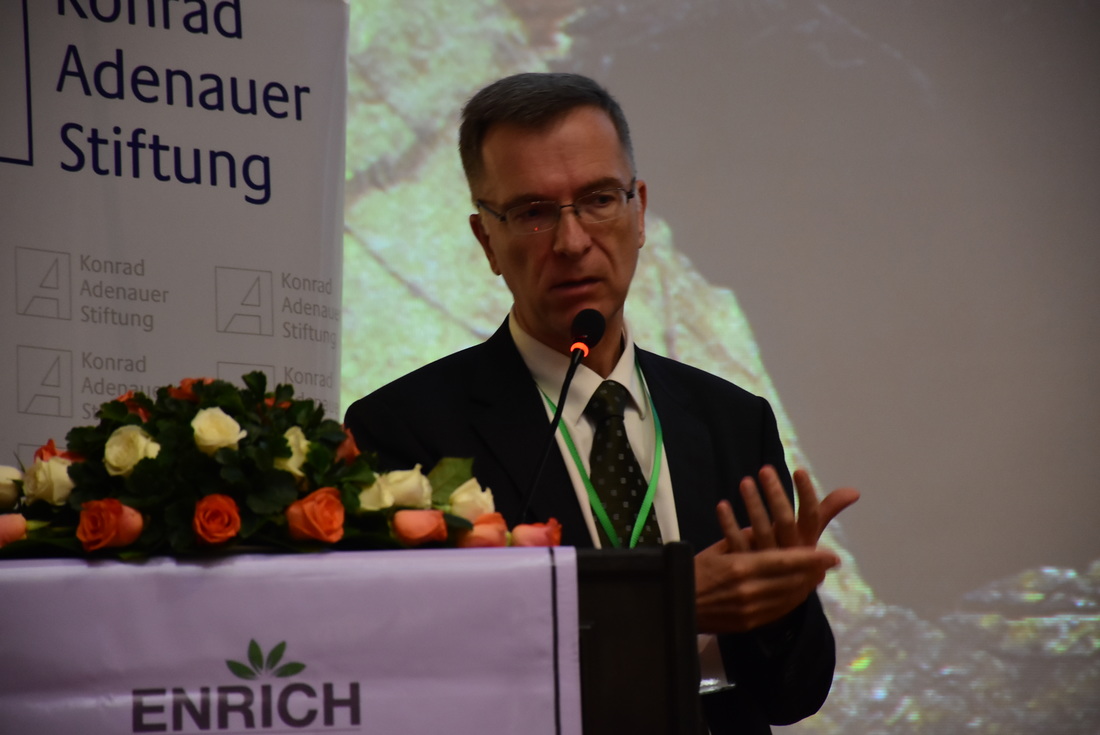
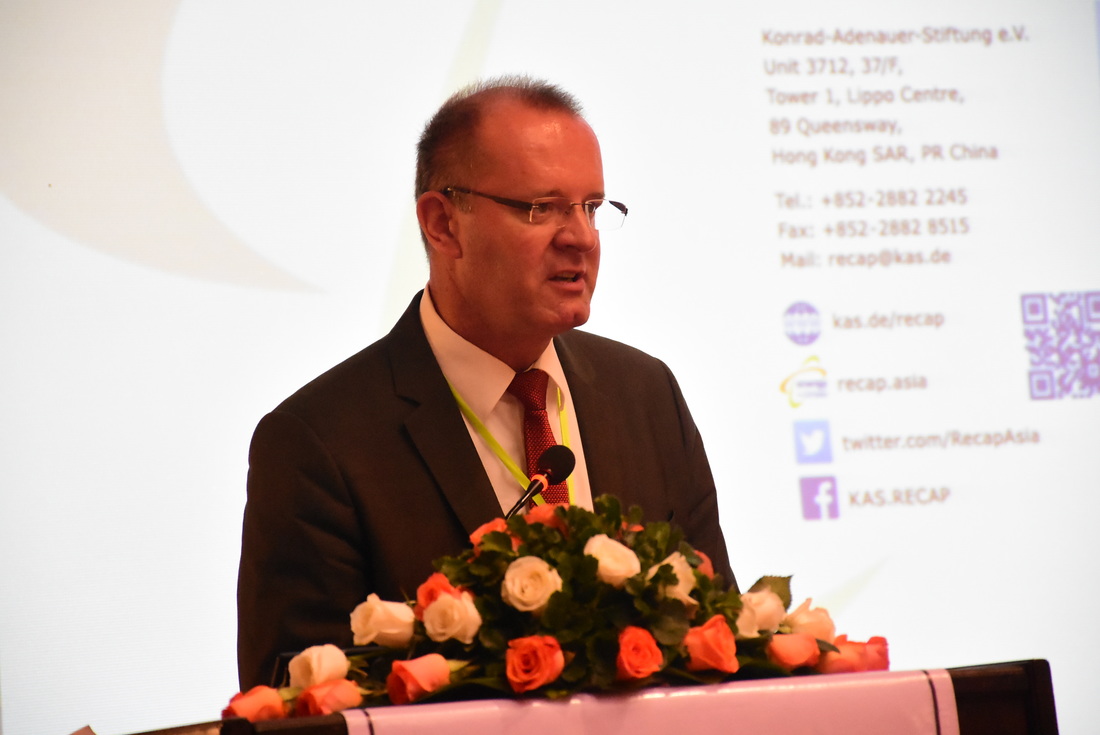
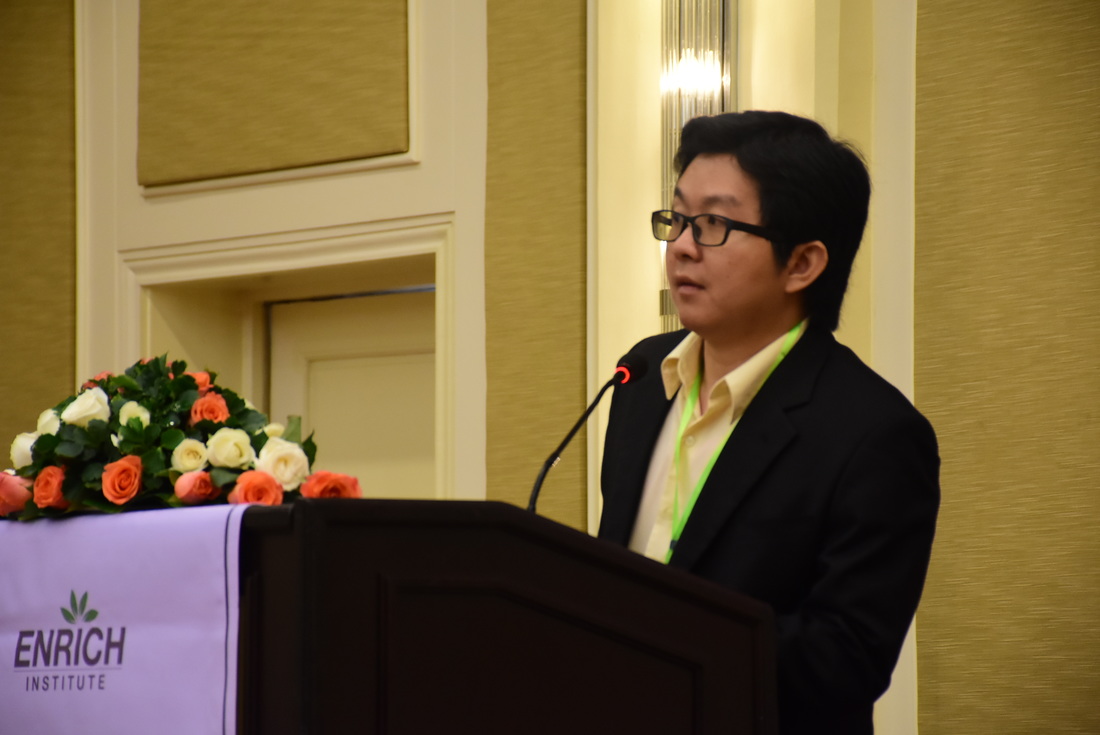
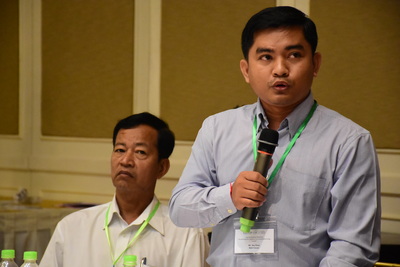
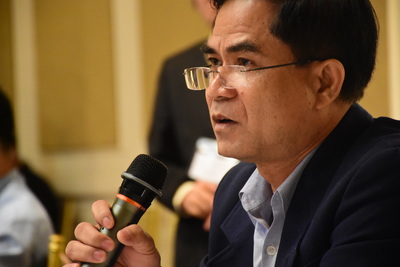
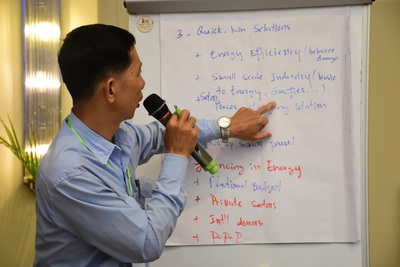
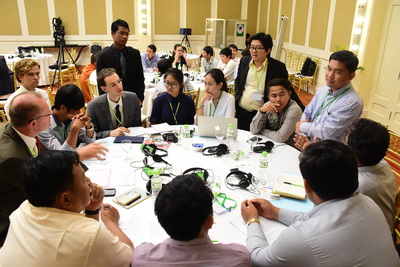
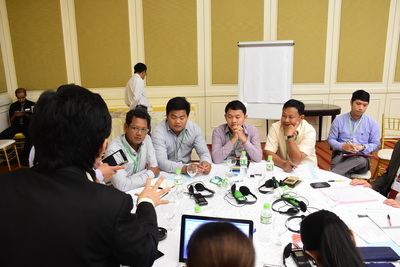
 RSS Feed
RSS Feed
